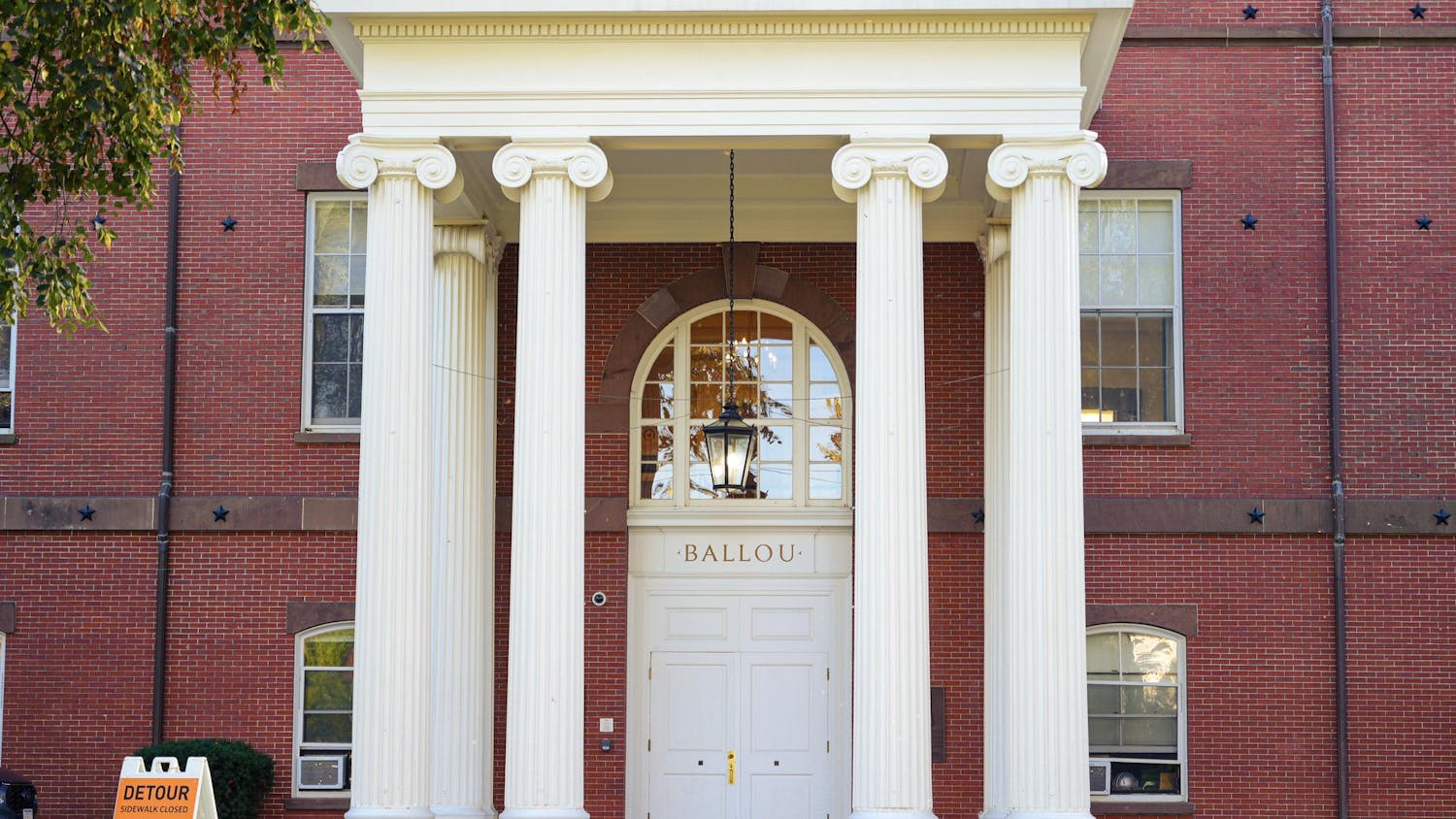Beginning next fall, Tufts' Department of Education will introduce a new education major in addition to the minor currently offered. The new major, which was voted in on April 15, will be a secondary major, according to Chair of the Department of Education David Hammer.
Secondary majors, unlike primary majors, must be pursued in conjunction with another major.
Hammer noted that then Tufts Community Union (TCU) Senator and current TCU President Robert Joseph first mentioned the idea to him and the rest of the education department faculty in the fall of 2013. However, Hammer was initially skeptical about the idea of an undergraduate education major.
“From my perspective, there should be more intellectual work and rigor to becoming a teacher than would be possible for just about anybody as an undergraduate to work on in conjunction with whatever their first major is,” he said.
Nevertheless, Hammer explained that his perspective on the usefulness of the undergraduate major has changed: he is now in support of the idea. One reason for this change of opinion is related to the rise of programs such as Teach for America and similar enterprises, which he said have lowered the quality of teacher preparation.
“[Teach for America is] looking to let people into teaching with hardly any preparation and then stay there for a couple years, and then go to a real career,” Hammer said. “That’s really doing harm to people’s understanding and expectations of education as a profession with real intellectual work involved in doing it and involved in preparing to do it. We need to be thinking in much more rigorous ways about teacher preparation.”
He also noted that, within the academic world, education has increasingly come to be seen as an area of real scholarly study. This means that many students choose to focus on education simply because they are interested in the field even if they do not intend to become professional teachers.
The combination of these factors, Hammer explained, has allowed him to view education as a viable undergraduate major at Tufts. Accordingly, Hammer said, the process of designing an undergraduate major began within the Department of Education after the fall of 2013.
According to Lecturer in the Department of Education Brian Gravel, the new education major is structured around several core requirements and two concentrations from which students can choose: teaching and learning or educational studies.
“After you have fulfilled some of the core requirements, you can specialize a little bit in the direction of study you want to take in the major,” Gravel said. “The two tracks were designed based on what we as a department do now and can offer for coursework and advisement structure.”
Gravel explained that the teaching and learning track looks at the interactions between the student, the teacher and the curriculum.
“What does it look like to learn science, what does it look like to learn English … how do we prepare teachers to do this work, how do we interrogate how students come to understand what it means to do English, to do science?” he said.
Gravel also noted that this track will allow majors to study current research on learning.
Meanwhile, according to Gravel, the educational studies track is based on the framework of critical theory.
“Critical theory [is] an approach to examining power and power structures in the world, and so education studies takes a look at power and privilege and the production and reproduction of particular kinds of power dynamics in schooling contexts," he said.
Joseph, a senior, noted that his role in bringing about the education major ranks among his proudest achievements during his time at Tufts.
“I definitely am incredibly proud of this, because it is a project that I personally worked on a whole lot … that I took the lead on, and it was in my platform when I ran for president," he said. "I can say that we definitely achieved this, and I am ever thankful to the education department for making it happen."
More from The Tufts Daily





